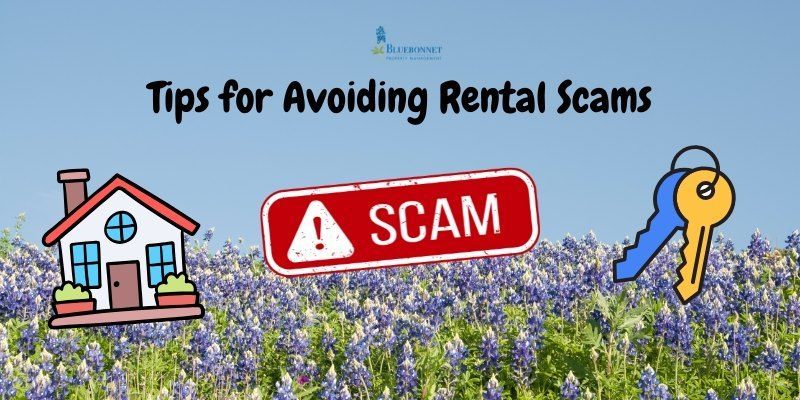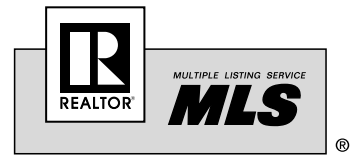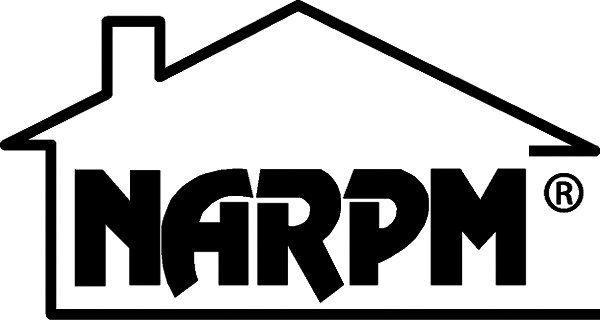Top 5 Signs It’s Time to Hire a Property Manager
5 Signs You Need a Property Manager | Rental Property Help

Owning rental property is supposed to be passive income, right? Then why does it feel like a second full-time job? If you’re spending more time dealing with tenant drama, late-night plumbing disasters, or rent checks that never seem to arrive on time — you’re not alone.
The truth is, many landlords start out thinking they can handle it all, and maybe you did — at first. But there comes a point when managing your rental yourself starts to cost more time, money, and peace of mind than it’s worth. If any of these signs hit close to home, it might be time to bring in a professional.
1. You’re Tired of Late-Night Maintenance Calls
That leaky faucet didn’t seem like a big deal until it became a 2 a.m. flood. And somehow, the AC always seems to go out on the hottest day of the year. If you’re the one answering the phone every time something breaks, it’s easy to burn out fast.
A property manager handles all maintenance coordination — including emergency repairs. They have go-to vendors, volume-based pricing, and trusted relationships with contractors. That means problems get solved faster (and often cheaper), without you losing sleep or your weekend.
2. Rent Is Late—Again
Chasing down rent is one of the least fun parts of being a landlord. And inconsistent payments can quickly turn a cash-flowing property into a money pit. If tenants are regularly paying late — or not at all — it’s time to reevaluate.
Professional property managers have systems in place for rent collection, enforce lease terms consistently, and can even start the eviction process if necessary (so you don’t have to). Plus, most offer online payment portals to make paying rent easy and trackable for everyone.
3. Your Rental Property Isn’t Local
Managing a property from across town is tricky. Managing from another city, state, or even country? That’s a logistical nightmare. Routine inspections, repairs, tenant move-ins/outs — they all require someone to be on-site and available.
A local property manager acts as your eyes and ears. They ensure your property stays in good shape, and tenants have a reliable contact for any issues. No more last-minute flights or trying to coordinate a locksmith from 300 miles away.
4. You’re Not Up to Date on Landlord-Tenant Laws
Let’s be real — when was the last time you brushed up on your local landlord-tenant laws? If you’re not following the latest changes in rental regulations, you could be putting yourself at serious risk (we’re talking fines, lawsuits, or even forced tenant reimbursement).
A good property manager stays current on legal requirements and ensures your lease agreements, eviction notices, and security deposit handling all comply with the law. Think of it as insurance against costly legal headaches.
5. You’re Not Getting the ROI You Expected
Maybe you bought your property for long-term investment, but now it’s sitting vacant. Or maybe you’ve kept the same rent for five years while market rates climbed. Poor marketing, tenant turnover, and underpricing can all quietly kill your returns.
Property managers are experts in pricing strategies, market trends, and tenant retention. They can help fill vacancies faster, set competitive rent, and cut down on avoidable expenses — all of which mean more money in your pocket.
Ready to Take Property Management Off Your Plate?
If you saw yourself in even one of these signs, it might be time to explore the benefits of hiring a professional property manager. At Bluebonnet Property Management, we help landlords get their time back — and their income on track.
Reach out today for a free consultation and see how much easier life (and landlording) can be.








